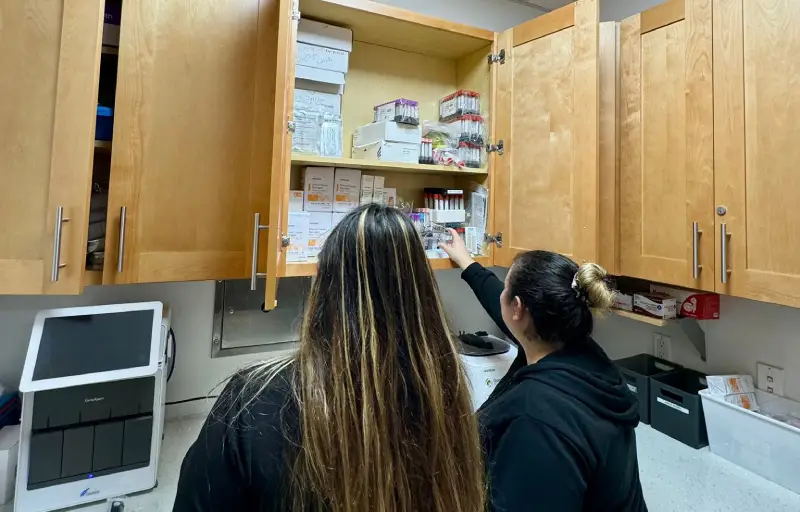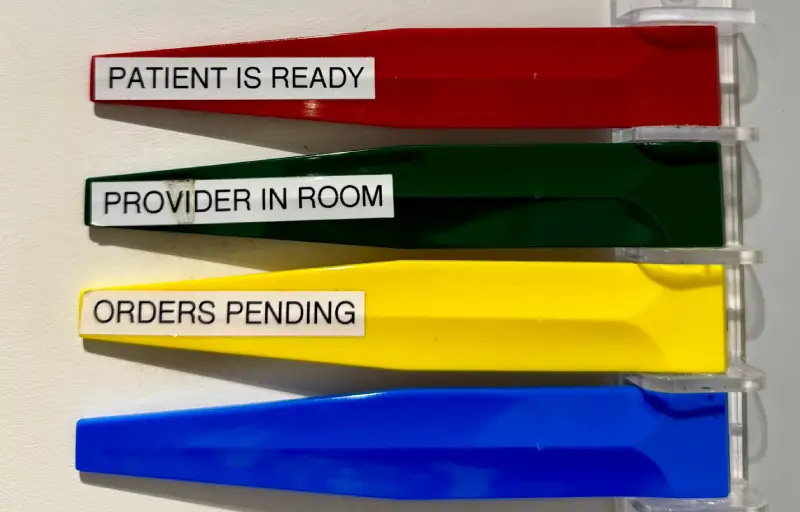
Urgent Care
What is Urgent Care?
Urgent care is a specialized segment of healthcare that provides immediate medical attention for non-life-threatening conditions that require prompt treatment. It serves as an intermediary between primary care doctors and emergency departments. These facilities cater to patients who cannot wait for a scheduled doctor’s appointment but do not require the extensive resources of a hospital emergency room (ER).
Why Urgent Care Exists?
Urgent care facilities emerged to address several gaps in traditional healthcare:


Administering Urgent Care
Administering urgent care involves providing immediate medical attention to patients with non-life-threatening illnesses or injuries. This requires healthcare providers to assess, diagnose, treat, and stabilize patients efficiently while maintaining a high standard of care. Urgent care is focused on accessibility, quick service, and addressing a wide range of medical needs.
Preparing for Urgent Care
Preparation for urgent care involves ensuring that both patients and healthcare providers are ready for efficient, timely, and effective care delivery. Proper preparation minimizes stress, reduces wait times, and enhances patient outcomes.

Facility and Equipment
Preparing the facility and equipment for an urgent care center ensures readiness to address a wide range of medical conditions efficiently and safely. A well-organized facility and properly maintained equipment enhance the quality of care, reduce delays, and improve patient satisfaction.
Staffing and Training
Effective staffing and comprehensive training are critical for delivering high-quality care in urgent care settings. Proper planning ensures that the center operates smoothly, patients receive timely attention, and staff are equipped to handle a wide range of medical scenarios.
Process Optimization
Optimizing processes in an urgent care setting is essential to enhance efficiency, improve patient outcomes, reduce wait times, and ensure the smooth operation of the facility. Effective process optimization allows urgent care centers to handle high patient volumes and unpredictable case complexities while maintaining high standards of care.
Are You a Good Candidate for Urgent Care?
Urgent care centers are designed to treat a variety of non-life-threatening medical conditions that require immediate attention but do not require an emergency room visit. However, not all health issues are suitable for urgent care. Understanding whether you are a good candidate for urgent care can help you make informed decisions about where to seek care.

What to Expect at an Urgent Care Visit?
Urgent care centers are designed to provide prompt medical attention for non-life-threatening conditions. While every urgent care facility may have slightly different procedures, here is a general outline of what you can expect when visiting an urgent care center.
Will my insurance cover urgent care?
Yes, most health insurance plans cover urgent care visits. However, the level of coverage can vary depending on your insurance provider and plan. It's always a good idea to check with your insurer beforehand or confirm with the urgent care center to ensure coverage and co-payment details.
If you don’t have insurance, many urgent care centers offer affordable self-pay options.

